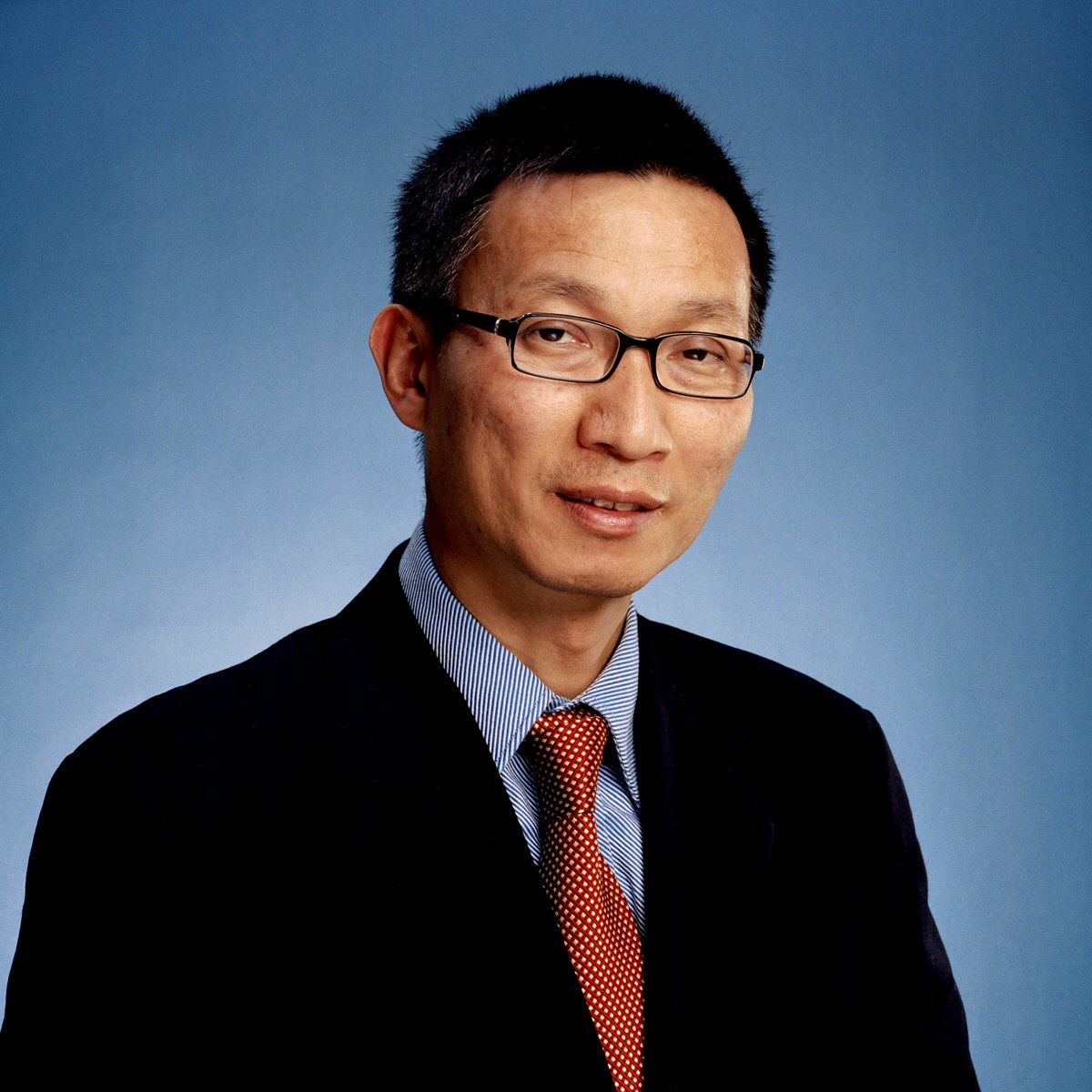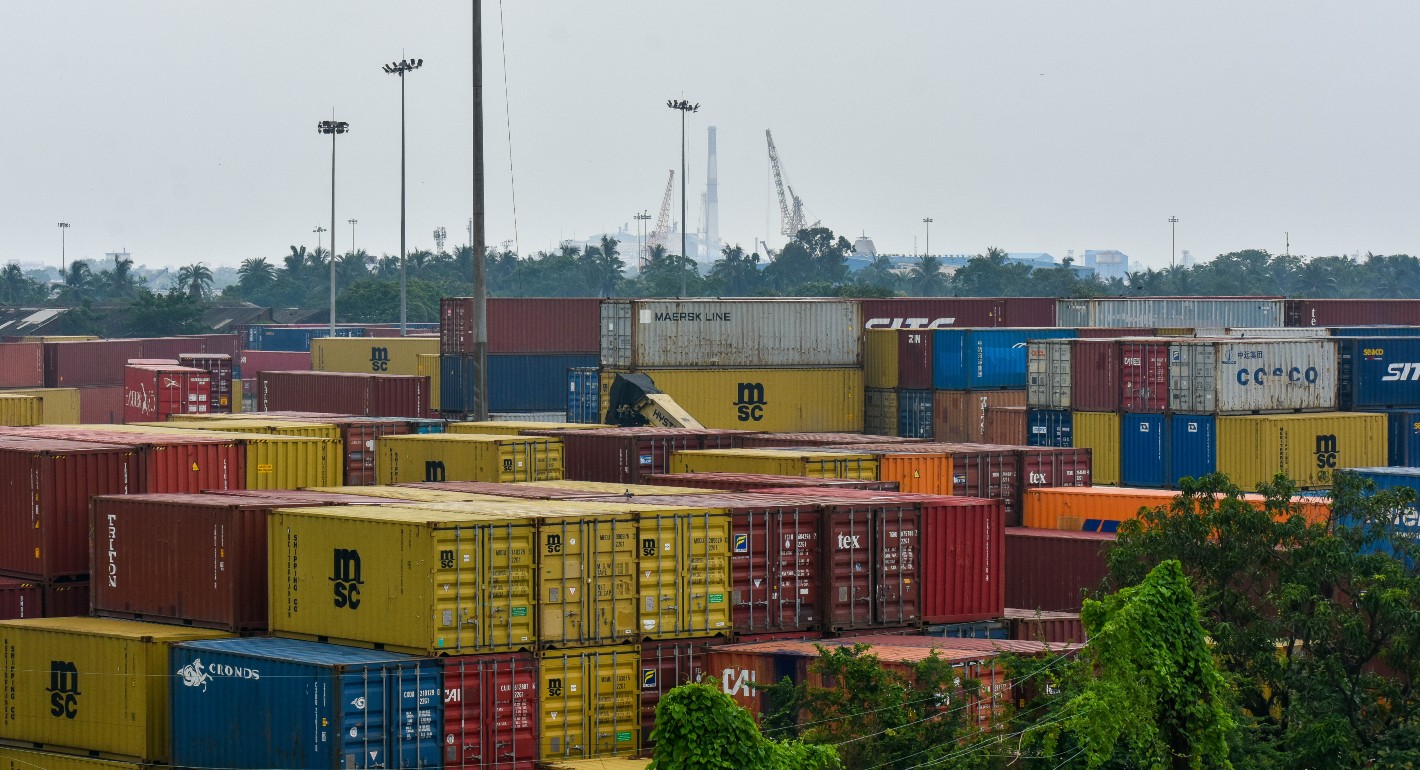Minxin Pei
{
"authors": [
"Minxin Pei"
],
"type": "legacyinthemedia",
"centerAffiliationAll": "dc",
"centers": [
"Carnegie Endowment for International Peace"
],
"collections": [],
"englishNewsletterAll": "asia",
"nonEnglishNewsletterAll": "",
"primaryCenter": "Carnegie Endowment for International Peace",
"programAffiliation": "AP",
"programs": [
"Asia",
"Democracy, Conflict, and Governance"
],
"projects": [],
"regions": [
"China"
],
"topics": [
"Political Reform",
"Democracy",
"Trade"
]
}
REQUIRED IMAGE
It's Not the Politics, Stupid
Source: Carnegie
It's now the politics, stupid
Reprinted from the South China Morning Post, January 4, 2001
As China's entry into the World Trade Organisation (WTO) approaches, there is mounting concern over whether the central Government is resilient enough to withstand the economic and, more importantly, political shocks generated by the reforms the entry will precipitate.
Such anxiety is not misplaced. The conditions under which China is admitted into the world's trading club are believed by most trade experts to be the most stringent for a large developing country caught up in monumental economic and social transitions. Moreover, China has a short period of time to implement fully its WTO reforms, especially in such sensitive areas as the financial sector and agriculture.
No doubt, the Chinese leadership's decision to enter the WTO and their promise to honour its membership obligations must be welcomed as a sign of Beijing's new commitment to reform. In purely economic terms, China's WTO entry indicates that its leaders fully understand the reforms required to make the Chinese economy more productive. It represents a bold, deliberate, and sound economic strategy.
The irony is that China's leaders have seized the right economic reform strategy, but do not have a political strategy to ensure its successful implementation.
The true test for a great reformer is not whether he has brilliant economic ideas, but whether he has shrewd political strategies to support his reforms. By this criterion, China's late leader, Deng Xiaoping, must be considered one of the greatest reformers in history. The secret of Deng's success has not been fully appreciated, either in China or abroad. The prevailing wisdom is that Deng's reform worked because of its good economics. The truth, however, is quite different.
Although Deng did not claim much expertise in economics - which is seldom a serious liability for a master politician - he had a keen understanding of the politics of reform. Reform is difficult because, as the Italian political philosopher Machiavelli noted centuries ago, it has clear losers - entrenched interests that will be hurt by reform - but no sure winners. The costs of reform are usually identified in advance, but the payoffs are distant and uncertain. Reform efforts are thus likely to encounter fierce resistance but receive lukewarm support.
For any reform to succeed, the reformer must turn this Machiavellian law of reform on its head - creating winners before producing losers, fast. Deng grasped this political logic and laid out a political strategy for reform that was centred on building a broad coalition of reform.
This he accomplished through focusing his energies on reforming sectors promising relatively quick results, while circumventing those where the problems were more complex and vested interests were politically powerful. In practise, this meant an initial reform breakthrough in agriculture and foreign direct investment but a delay in tackling the state-owned enterprises (SOEs).
Politically, this made great sense. Although there was some resistance to agricultural reform - dismantling the infamous people's communes - it was relatively feeble and quickly crumbled in face of powerful pressures from above and below. At the same time, the more entrenched urban interests - the state bureaucracies and workers in the SOEs - were left untouched and apparently reassured. The limited nature of foreign direct investment was no great cause for concern at that time, either. Deng thus exploited the rural-urban political divide and avoided an otherwise risky confrontation with a unified opposition.
Fortunately, this political strategy had a good economic logic: given the importance of agriculture in the Chinese economy in the late 1970s, a breakthrough in this sector would generate powerful momentum for reform. Moreover, the prescribed solution was not overly complex: restoration of household farming and market liberalisation could produce instant and huge efficiency gains. Indeed, rural reform quickly increased Chinese agricultural output and farmers' income. Foreign direct investment, initially made palatable to domestic foes with many restrictions, also rose gradually. Together, successful agricultural reform and the introduction of foreign direct investment laid the foundations of China's non-state economy. Within a decade, township and village enterprises, joint ventures and wholly owned foreign firms became China's most dynamic growth engines.
Deng could afford to delay the crucial reform of the inefficient SOEs because China had a very strong balance sheet at the end of the 1970s: it had no domestic or foreign debt, except pension liabilities for workers in the SOEs. The Government was able to assume a huge amount of debt, with total obligations now approaching 50 per cent to 60 per cent of gross domestic product, much of which was used to keep SOEs on life-support, mainly through bank credits.
In return, this inefficient use of economic resources bought Deng political stability as the uncompetitive SOEs were shielded from market forces. Government officials entrenched in various economic bureaucracies maintained their power and privileges; workers in SOEs were able to enjoy job security and other prized fringe benefits. Deng's reform thus created winners and no losers.
But Deng left his successors a mixed legacy. On the one hand, he launched China onto a course of economic reform and modernisation, and his policies contributed to the emergence of new and efficient private and foreign-invested firms that accounted for more than half of China's industrial output towards the end of the 1990s. On the other hand, he deliberately skirted the most difficult tasks of reforming SOEs and China's political system.
This mixed legacy poses a tough test for Chinese leaders today. They must simultaneously demonstrate their ability to deliver similarly high growth marked by Deng's reign and urgently address the long-delayed reform of SOEs, which drain precious resources and threaten the sustainability of China's growth.
The bold strategy adopted by Beijing, which was frustrated by the slow progress of SOE reform over the past few years, is to expose Chinese domestic producers, especially the SOEs, to the competition of the world market. By taking this fateful step, Chinese leaders once again must struggle against the Machiavellian law of reform.
Unfortunately, the politics of economic reform has changed fundamentally in the past decade and made Beijing's task more perilous.
First, the benefits of reform had largely dissipated by the mid-1990s while losers have multiplied. In the countryside, the one-off effects of institutional reform and liberalisation in agriculture were exhausted by the late 1980s. Growth, driven by rural industrialisation, also slowed. Farmers' income remained stagnant for most of the 1990s and has begun to decline in absolute terms in the past few years. In the cities, reform of debt-ridden SOEs caused wide-spread layoffs and triggered increasing workers' protest.
Second, future reform measures, especially those to be implemented after the WTO entry, will produce short-term pains concentrated in a few clearly identified sectors - traditional industries and agriculture - although the payoffs of these reforms - a more efficient Chinese economy - are distant and uncertain. Politically, WTO entry reforms will create immediate and clear losers but no quick winners.
Third, China's reform so far has not hurt members of the ruling elite. Communist Party officials - through their positions in various state apparatus - retain enormous power in resource allocation and regulation. China's half-reformed economy has made such power extremely valuable because it can be easily converted into wealth. But WTO entry will force far-reaching institutional reforms that threaten to take such power away, a prospect sure to elicit fierce resistance from some members of the ruling elite.
Finally, largely as a result of China's stagnant political system, official corruption has become endemic. In addition to its huge economic costs, corruption severely undermines the Government's legitimacy. At a critical juncture, a corrupt regime cannot expect to rally the public to its support. Appeals to patriotism and shared sacrifices sound hollow if a large number of government officials are shown to use their power to amass large private fortunes and lead a life of decadence and debauchery.
For Deng, the mantra was: "It's the economy, stupid". Chinese leaders today continue to sing the same mantra. It is time for them to think about adopting a different tune. The strategy focusing on good economic performance to sustain political support worked for Deng because of a combination of favourable circumstances and brilliant political strategising.
The same strategy will not work for his successors. Not only have the circumstances changed, but the economic strategy adopted by Chinese leaders is unlikely to produce the quick payoffs needed to build political support. They must now seek a new political strategy aimed at regaining public trust and support through political reform. The new reform mantra should be: "It's the politics, stupid."
About the Author

Former Adjunct Senior Associate, Asia Program
Pei is Tom and Margot Pritzker ‘72 Professor of Government and the director of the Keck Center for International and Strategic Studies at Claremont McKenna College.
- How China Can Avoid the Next ConflictIn The Media
- Small ChangeIn The Media
Minxin Pei
Recent Work
Carnegie does not take institutional positions on public policy issues; the views represented herein are those of the author(s) and do not necessarily reflect the views of Carnegie, its staff, or its trustees.
More Work from Carnegie Endowment for International Peace
- Modernizing South Asia’s Borders Through Data-Driven ResearchArticle
Cargo time release studies offer a path to greater economic gains and higher trust between neighboring countries.
Nikita Singla
- Duqm at the Crossroads: Oman’s Strategic Port and Its Role in Vision 2040Commentary
In a volatile Middle East, the Omani port of Duqm offers stability, neutrality, and opportunity. Could this hidden port become the ultimate safe harbor for global trade?
Giorgio Cafiero, Samuel Ramani
- Beijing Doesn’t Think Like Washington—and the Iran Conflict Shows WhyCommentary
Arguing that Chinese policy is hung on alliances—with imputations of obligation—misses the point.
Evan A. Feigenbaum
- The Kremlin Is Destroying Its Own System of Coerced VotingCommentary
The use of technology to mobilize Russians to vote—a system tied to the relative material well-being of the electorate, its high dependence on the state, and a far-reaching system of digital control—is breaking down.
Andrey Pertsev
- Indian Americans Still Lean Left. Just Not as Reliably.Commentary
New data from the 2026 Indian American Attitudes Survey show that Democratic support has not fully rebounded from 2020.
- +1
Sumitra Badrinathan, Devesh Kapur, Andy Robaina, …









